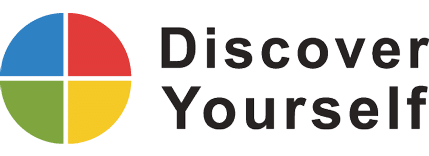Beyond Success
Throughout the past few weeks, we’ve talked about success and how to achieve it. Achieving success following this path requires much thought and personal work, but in the end, it will hopefully allow you to reach some of the personal goals you have created for yourself. Using the power of your personality type and what we know about the subconscious mind, we can create successful patterns of living our lives and accomplishing our goals.
Working towards success
“Success is not final, failure is not fatal: it is the courage to continue that counts.” William Churchill spoke these words as a man acquainted with both great failure and great success. Churchill, Edison, Einstein, and other individuals throughout history had failed many times before they were able to produce the successes they knew they were capable of. Einstein puzzled with the very nature of the makeup of the universe, and his contributions to physics and mathematics were products of asking questions, finding answers, figuring out if they were right or wrong, and continuing on his line of questioning until he reached the end.
When creating the filament wire for the lightbulb, Edison failed over and over again in the quest for light. In Edison’s case, this was finding the literal light in the form of contained electricity. He failed over a thousand times to create the right filament, and yet he continued to work away at this problem until he got it right.
Success and happiness
This isn’t all to say that all the successful people we know aren’t faced with challenges eventually. Albert Schweitzer said: “Success is not the key to happiness. Happiness is the key to success. If you love what you are doing, you will be successful.” Combining what we are passionate about with what we do every day can have a major impact on our overall success rate as well as how happy we feel about the path our lives are on.
Success doesn’t always lead to happiness – just ask the lottery winners who may be financially successful, but are no happier than they were before they won. Successful professionals may find that their professional success has come with many personal sacrifices and that their passion has waned. However, success in these fields would be extremely beneficial to the person who has planned out their personal and professional goals, done the work to achieve those goals and has remained aligned with their passion for what they do.
Carl Jung opened up an entirely new world with his discoveries, and new discoveries in the psychology of personality and the self are still being made today. Insights Discovery is based squarely on Jung’s theories, and as such, it is an invaluable tool in helping people to understand themselves and others. Schedule me, Scott Schwefel, as your keynote speaker, and I will come to your group and address the differences in personalities in a truthful, fun, and easily understood way. Follow me on Facebook, LinkedIn, and Twitter to share my blogs with the color energies you work with!












